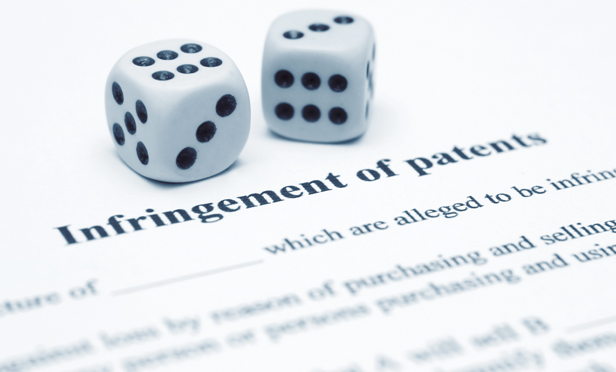Even as a bitterly divided Congress finds itself unable to take action on a long-term budget, entitlement programs, tax reform and immigration, one area commands intense attention from both parties — reform of patent litigation. On Dec. 5, just as the current session of Congress was ending, the House of Representatives passed, with significant bipartisan support, the Innovation Act, designed to discourage abusive patent litigation. At the same time, the Senate is actively considering the Patent Transparency and Improvements Act aimed at many of the same perceived problems.
The impetus for this activity is widespread criticism of the practices of “patent trolls,” or, to use a more neutral term, “patent monetization entities” — vehicles formed to purchase patent rights and assert claims against alleged infringers. For all the controversy they have aroused, there is no accepted definition clearly separating a “troll” from traditional entities created to enforce and license patent rights, such as patent pools, joint ventures and vehicles established by universities.
This content has been archived. It is available through our partners, LexisNexis® and Bloomberg Law.
To view this content, please continue to their sites.
Not a Lexis Subscriber?
Subscribe Now
Not a Bloomberg Law Subscriber?
Subscribe Now
LexisNexis® and Bloomberg Law are third party online distributors of the broad collection of current and archived versions of ALM's legal news publications. LexisNexis® and Bloomberg Law customers are able to access and use ALM's content, including content from the National Law Journal, The American Lawyer, Legaltech News, The New York Law Journal, and Corporate Counsel, as well as other sources of legal information.
For questions call 1-877-256-2472 or contact us at [email protected]






